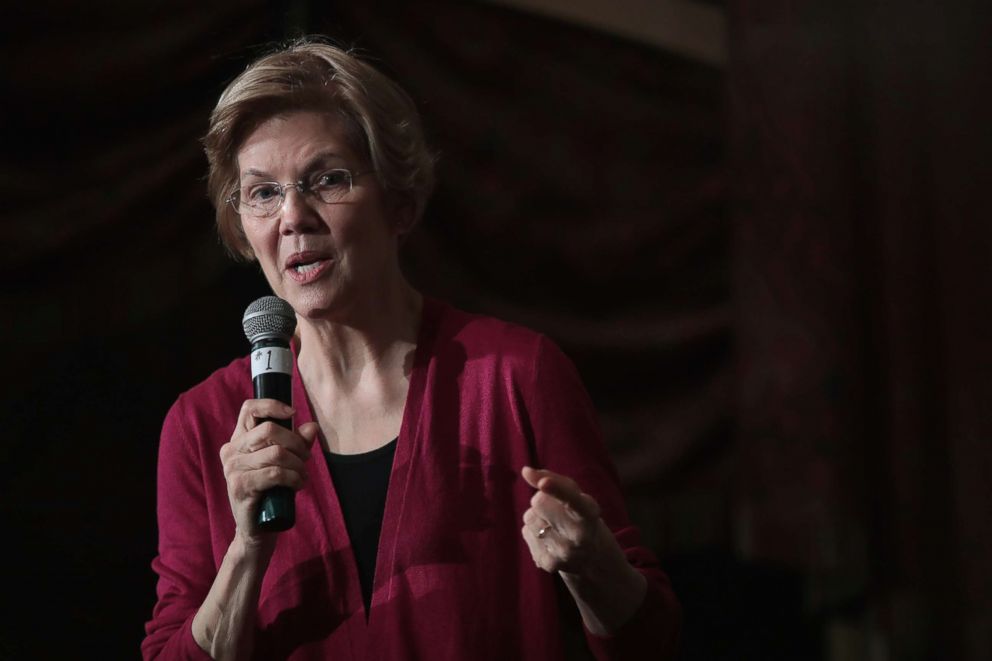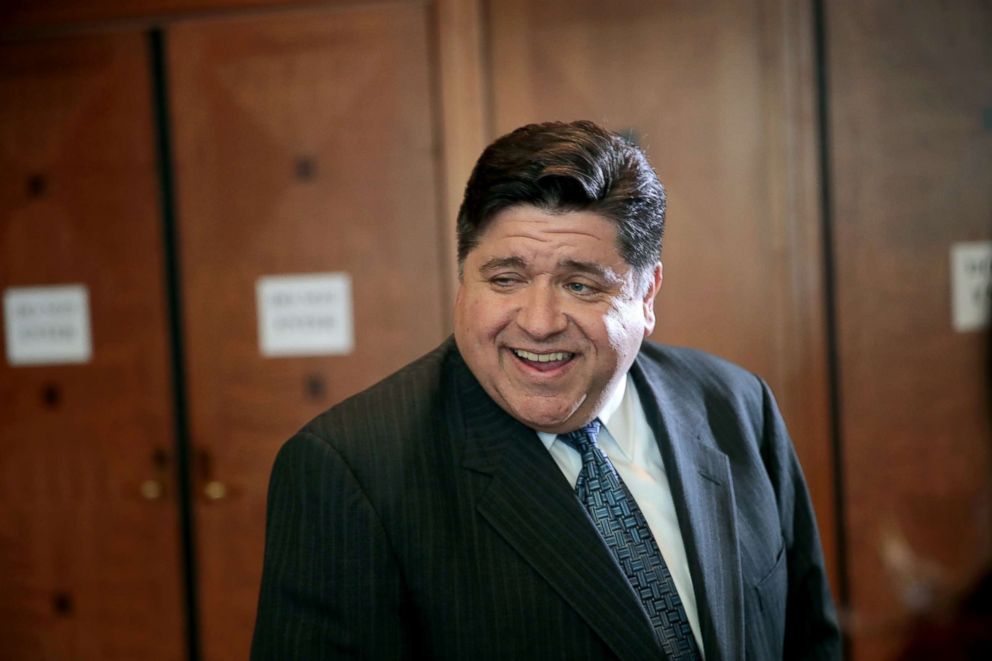The Note: Barr nomination provides early 2020 battleground
The fate of the Mueller probe could be at stake in his confirmation hearings.
The TAKE with Rick Klein
Whether or not the public ever sees Robert Mueller’s report, the special counsel and a whole lot more go on trial Tuesday in the Senate Judiciary Committee.
Mueller won’t directly have his day in Congress, of course -- at least not yet. But confirmation hearings for attorney general nominee William Barr will hinge on Barr’s answers about the special counsel and other legal questions vital to the Trump presidency, in ways that could define the contours of the investigation’s results and even the 2020 election.
Three potential Democratic presidential candidates will be among the Democrats asking questions, going in with memories of how Brett Kavanaugh’s confirmation fight put their respective styles and substance on display.
Running the hearing will be new Chairman Lindsey Graham, R-S.C., now one of the president’s highest-profile defenders and explainers on matters of law and justice.
And while he won’t be anywhere near the hearing room, look for Joe Biden’s voice to make frequent appearances as well, courtesy of Republicans. The former vice president praised Barr during his 1991 confirmation hearings for his first stint as attorney general.
Intriguingly, and not withstanding previous suggestions that Mueller has overstepped his bounds, Barr’s opening statement calls for a “credible resolution” of the Mueller probe and to provide “as much transparency as I can consistent with the law.” That’s not the same as a guarantee.
From his handling of Mueller all the way through his deliberations on a “national emergency,” President Donald Trump has stretched the law and accepted practices to new limits. The man chosen as his next chief law-enforcement officer will need answers to novel questions.
The RUNDOWN with MaryAlice Parks
In case we needed one, this week will serve as yet another reminder of the political risks the president takes when he insults women, in particular.
Over the weekend, Trump continued to lob racial slurs at Massachusetts Democrat Elizabeth Warren. No one can argue that he wears gloves with some lawmakers or treats the ladies differently.
Still, what a difference between his remarks and the events on Capitol Hill, in Washington and around the country this week. The third annual Women’s March is set to take place Saturday, with dozens of events and forums scheduled in the lead up.

Tuesday, for example, the president of Planned Parenthood will be joining Congressional leaders to announce women’s health priorities in the new Congress.
Only two and half months ago, women showed their power in the voting booths as they largely backed other female candidates. As the president picks his battles, he might consider the army of Democratic women readying themselves for war.
The TIP with John Verhovek
Following this week's inauguration of Illinois' J.B. Pritzker and Kansas' Laura Kelly, Democratic governors now represent over 175 million Americans, 54 percent of the U.S. population.
But what will that newfound power in certain parts of the country, especially in the Midwest, translate to under the presidency of Trump?

As chief executives of their own, governors of the opposite political party from the president have a unique power to become figureheads of resistance, but face intense scrutiny from their constituents if they feel their everyday needs are being neglected.
While the dynamic between the Democratic-controlled House and the Trump White House will dominate much of the political conversation in the next two years, how governors, including California's Gavin Newsom, Michigan's Gretchen Whitmer and Nevada's Steve Sisolak, implement their policy agendas and grapple with their new roles will be an equally important trend to monitor.
THE PLAYLIST
ABC News' "Start Here" Podcast. Tuesday morning’s episode features ABC News Senior Congressional correspondent Mary Bruce, who says lawmakers on Capitol Hill are “not even talking about talking” when it comes to shutdown negotiations. Then, we hear from an Iowa farmer who says the stalemate is complicating what are normally basic decisions about his crops. And, ABC News’ Benjamin Siegel explains why lawmakers from both sides of the aisle are not happy with U.S. Rep. Steve King, R-Iowa. http://apple.co/2HPocUL
FiveThirtyEight’s "Politics Podcast." Former San Antonio mayor and U.S. Secretary of Housing and Urban Development Julian Castro announced his candidacy for president on Saturday. The FiveThirtyEight Politics podcast team debates what his seemingly long-shot path to the Democratic nomination could look like. They also lay out a rubric for evaluating candidate strengths and weaknesses and discuss the political situation that has kept the government partially shut down for a record amount of time. Listen here.
WHAT YOU NEED TO KNOW TODAY
The Note has a new look! Download the ABC News app and select "The Note" as an item of interest to receive the day's sharpest political analysis.
The Note is a daily ABC News feature that highlights the day's top stories in politics. Please check back tomorrow for the latest.




